What is Bitcoin?
Bitcoin is a cryptocurrency, a form of electronic cash. It is a decentralized digital currency without a central bank or single administrator that can be sent from user-to-user on the peer-to-peer bitcoin network without the need for intermediaries.
(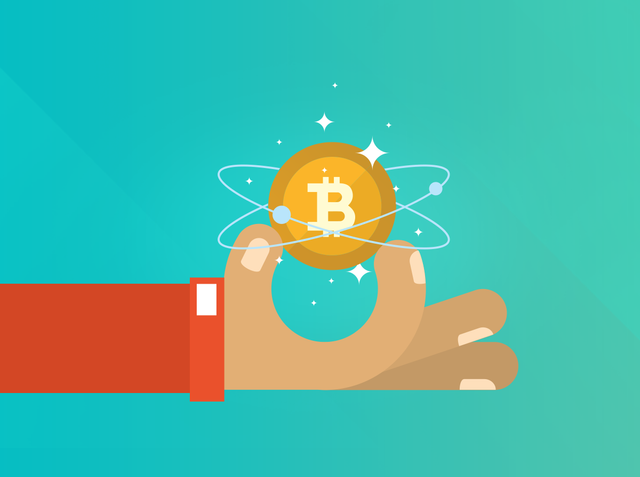
Who created it?
A pseudonymous software developer going by the name of Satoshi Nakamoto proposed bitcoin in 2008, as an electronic payment system based on mathematical proof. The idea was to produce a means of exchange, independent of any central authority, that could be transferred electronically in a secure, verifiable and immutable way.
To this day, no-one knows who Satoshi Nakamoto really is.

In what ways is it different from traditional currencies?
Bitcoin can be used to pay for things electronically, if both parties are willing. In that sense, it's like conventional dollars, euros, or yen, which are also traded digitally.
But it differs from fiat digital currencies in several important ways:
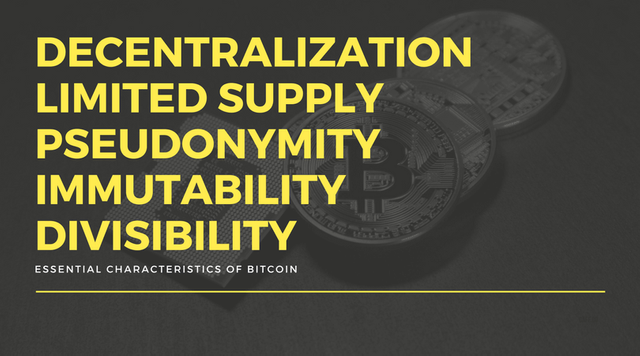
Decentralization, Limited supply, Pseudonymity, Immutability & Divisibility.
How does Bitcoin work ?
The basics for a new user:
As a new user, you can get started with Bitcoin without understanding the technical details. Once you've installed a Bitcoin wallet on your computer or mobile phone, it will generate your first Bitcoin address and you can create more whenever you need one. You can disclose your addresses to your friends so that they can pay you or vice versa. In fact, this is pretty similar to how email works, except that Bitcoin addresses should be used only once.
Balances - block chain
The block chain is a shared public ledger on which the entire Bitcoin network relies. All confirmed transactions are included in the block chain. It allows Bitcoin wallets to calculate their spendable balance so that new transactions can be verified thereby ensuring they're actually owned by the spender. The integrity and the chronological order of the block chain are enforced with cryptography.
Transactions - private keys
A transaction is a transfer of value between Bitcoin wallets that gets included in the block chain. Bitcoin wallets keep a secret piece of data called a private key or seed, which is used to sign transactions, providing a mathematical proof that they have come from the owner of the wallet. The signature also prevents the transaction from being altered by anybody once it has been issued. All transactions are broadcast to the network and usually begin to be confirmed within 10-20 minutes, through a process called mining.
Processing - mining
Mining is a distributed consensus system that is used to confirm pending transactions by including them in the block chain. It enforces a chronological order in the block chain, protects the neutrality of the network, and allows different computers to agree on the state of the system. To be confirmed, transactions must be packed in a block that fits very strict cryptographic rules that will be verified by the network. These rules prevent previous blocks from being modified because doing so would invalidate all the subsequent blocks. Mining also creates the equivalent of a competitive lottery that prevents any individual from easily adding new blocks consecutively to the block chain. In this way, no group or individuals can control what is included in the block chain or replace parts of the block chain to roll back their own spends.
Going down the rabbit hole
This is just a short summary of Bitcoin. If you want to learn more of the details, you can read the original paper that describes its design, the developer documentation, or explore the Bitcoin wiki.
Earning ways of Bitcoins Online
Every day, Bitcoin the cryptocurrency and Bitcoin the technology gets more popular. When in 2011 you had to write a person from the other continent to order a pizza for you with Bitcoins, now you can do something like that in a number of major cities. In some countries like the Netherlands, the entire towns are Bitcoin-friendly (such as Arnhem, often called ‘the Bitcoin city’) now with a range of services available for those who are willing to pay with BTC. The more ways are there to spend the cryptocurrency, the more ways are there to obtain them. Let us look at some of the approaches to help you earn Bitcoins online.
1. Mine your own Bitcoins
The very first way to get your own Bitcoins was through mining. In 2009, every block mined (every 10 minutes on average) brought a reward of 50 BTC to the lucky one who managed to solve the computational problem. Right now, every block brings 12,5 BTC. While the reward is still luring, there are some issues which stand in the way of earning some loot:
– The hashing difficulty has grown significantly over the last years. No single equipment has enough computational power to compete for Bitcoins.
– Mining has gotten unprofitable.
– In hope for some reward, people are forced to unite in pools or use cloud mining services.
– Even when the efforts are combined, there is still need to pay for the electricity, and the utility bills often exceed the mining reward.
All these factors make Bitcoin mining these days unprofitable. This makes us move forward to the next strategy of earning Bitcoins online.
2. Do work for Bitcoins
If mining is not for you, you can search for work that you can do for Bitcoins. There are multiple services that will offer one an opportunity to work for cryptocurrency. You can find something at Coinality or by just going to /r/Jobs4Bitcoins on Reddit. Currently, you can earn Bitcoins online as a freelancer mainly, but some Bitcoin startups and companies like Overstock offer an option to get the regular payment in BTC. With greater acceptance, there will be more options to look for.
3. Offer something for Bitcoins
Another way to earn Bitcoins online is to sell something for crypto. If you are keen on handmade, you can accept BTC on your ETSY page, and if you are a merchant, you can use your Bitcoin address to accept Bitcoins payment on your website. You can also hang a “Bitcoin Accepted Here” sign at your hotel, restaurant, cafe etc.
4. Gambling and casino games
If you are searching for a simple way to earn Bitcoins online, you may try gambling. However, while it might seem to you as easy money, gaming has a number of risks which need to be taken into account. In the following article, we have outlined for you some websites worth checking out when trying out your luck: Bitcoin Gambling. We don’t guarantee that you win, which is why we strongly recommend you to play only if you have some initial capital to spend. On the other hand, who knows, maybe you will get lucky and multiply your crypto.
5. Use various Bitcoin faucets
We have already mentioned gambling and faucets in a recent article. What you need to know about Bitcoin faucets is that they allow you to get a small amount of cryptocurrency in particular time spans. For example, on many Bitcoin dice websites you can get 0.0001 BTC every 5 minutes. However, to get a new portion of satoshis, you need to have a zero balance. There are other options too where you can earn ‘Bitcoin dust’ for time spent on the website (for example, when playing games). You cannot gain much here, but sometimes it can be enough to get a feeling of owning some crypto.
6. Boost your trading skills
A good way to make an earning with Bitcoin and cryptocurrency in general is to do it through trading. CEX.IO allows you buying Bitcoins with payment cards or via bank transfer, after which you can convert it to other crypto or fiat using the price volatility at your advantage. Sometimes, however, Bitcoin trading can be very similar to gambling – high risks are involved here too. In order to minimise them, you need to learn a bit about trading. You may follow our blog to get some trading tips. Meanwhile, you can start with our 3 tips for profitable trading and then explore our trading category. Just start with a little amount, and when you feel more confident, you will be able to get to bigger earnings.
Advantages

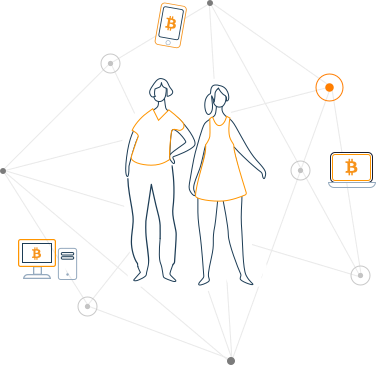
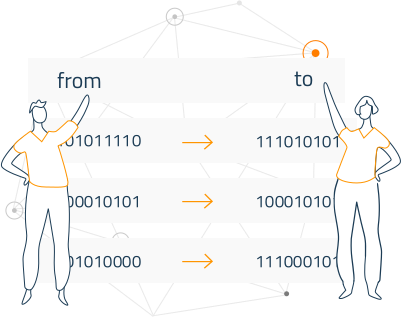
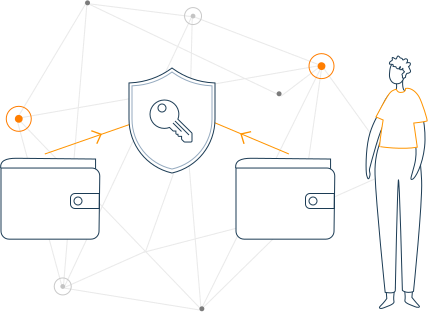
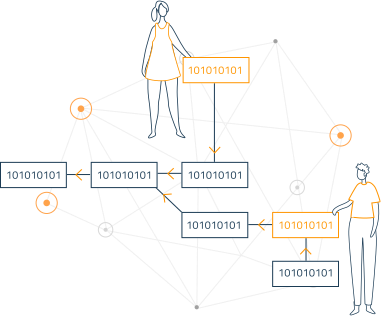
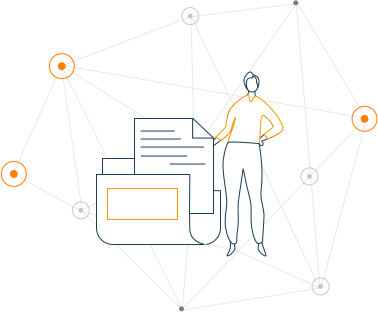
Hi! I am a robot. I just upvoted you! I found similar content that readers might be interested in:
https://www.youtube.com/watch?v=GMKgB3zZ1soDownvoting a post can decrease pending rewards and make it less visible. Common reasons:
Submit
Ok. I will see your given link.
Downvoting a post can decrease pending rewards and make it less visible. Common reasons:
Submit
Congratulations @rabiul58! You received a personal award!
You can view your badges on your Steem Board and compare to others on the Steem Ranking
Do not miss the last post from @steemitboard:
Vote for @Steemitboard as a witness to get one more award and increased upvotes!
Downvoting a post can decrease pending rewards and make it less visible. Common reasons:
Submit